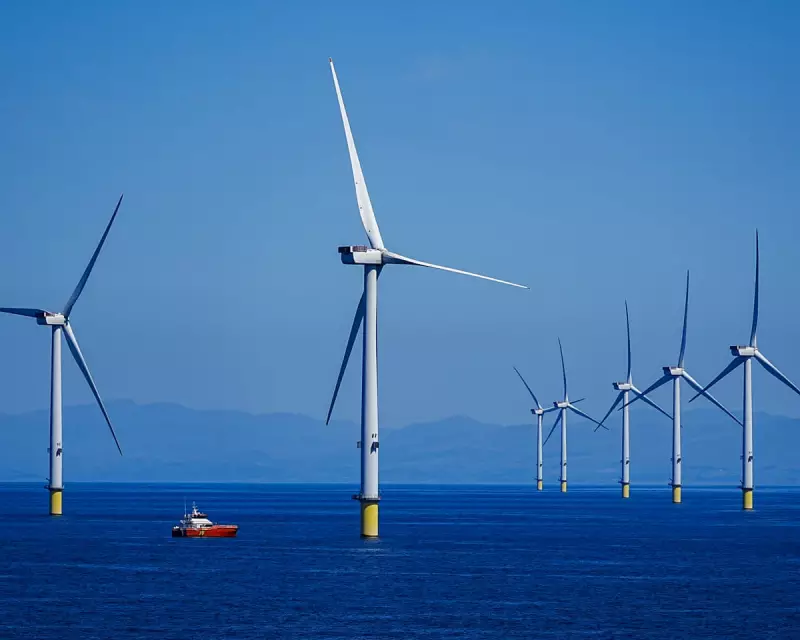
The world stands at a pivotal moment in the fight against climate change. Renewable energy sources like wind and solar are no longer fringe technologies—they are now the most cost-effective and scalable solutions for powering our future. Yet, despite the undeniable progress, many governments are failing to match their ambitious promises with concrete action.
The Rise of Renewables
Over the past decade, renewable energy has undergone a remarkable transformation. Once considered expensive and unreliable, technologies like solar panels and wind turbines have become mainstream. Prices have plummeted, efficiency has soared, and investment in green energy now outpaces fossil fuels in many regions.
Countries like Denmark and Scotland have demonstrated that a high-renewables grid is not only possible but also economically beneficial. The UK itself has made strides, with offshore wind capacity expanding rapidly. However, these successes highlight a troubling contrast: while the private sector and local initiatives push forward, national policies often drag behind.
The Promise-Action Gap
At international summits, leaders proudly announce bold climate targets. Net-zero pledges, carbon reduction goals, and green investment plans dominate headlines. Yet, when it comes to implementation, progress stumbles. Bureaucratic delays, lobbying from fossil fuel interests, and short-term political thinking frequently derail meaningful change.
For instance, while the UK has committed to phasing out coal, it continues to approve new oil and gas projects in the North Sea. Similarly, subsidies for renewables are often inconsistent, creating uncertainty for investors. This dissonance between rhetoric and reality risks undermining public trust and slowing the transition.
What Needs to Change?
To accelerate the green transition, governments must:
- Set binding targets: Voluntary pledges are not enough. Legislation must enforce deadlines for emissions reductions and renewable adoption.
- Invest in infrastructure: Grid upgrades, energy storage, and charging networks are critical to support renewables at scale.
- Phase out fossil fuel subsidies: Redirecting these funds to clean energy would level the playing field.
- Empower communities: Local energy projects and cooperatives can drive grassroots change where national policies falter.
The technology exists, the economics make sense, and the public demand is clear. The missing piece? Political will. Without urgent, coordinated action, the world risks missing its last chance to avert catastrophic climate change.





